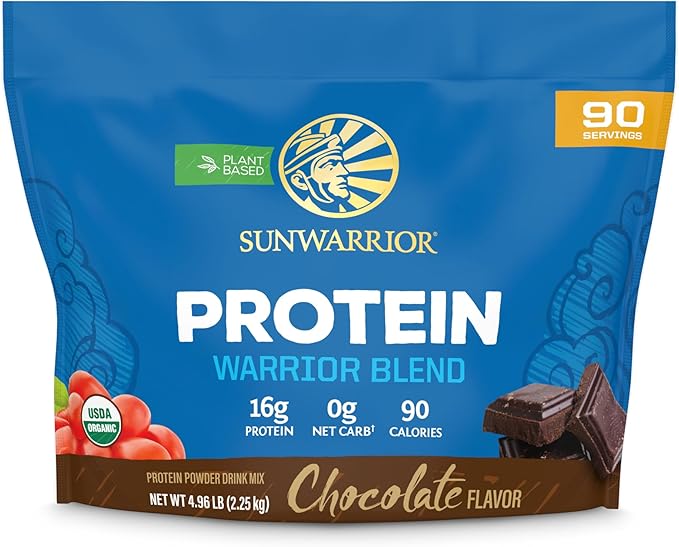
The Benefits of Consuming Quality Protein (and Why Plant-Based Can Be Better)
Protein is one of the most essential building blocks of health. It’s responsible for repairing tissue, building muscle, supporting hormone production, and fueling metabolic function. But not all protein is created equal—and in a world full of quick fixes and heavily processed shakes, the source and quality of your protein matter just as much as how much you consume.
Let’s explore why high-quality protein is key for long-term wellness—and why a plant-based protein may be the better choice for most people.
Why We Need Protein
Every cell in your body contains protein. It’s what your muscles, organs, skin, and immune cells are made of. Getting enough protein in your diet can help you:
• Build and repair muscle tissue (especially important as we age)
• Regulate blood sugar and keep you feeling full
• Support recovery after exercise or injury
• Fuel the production of enzymes, hormones, and neurotransmitters
• Promote healthy skin, hair, and nails
But when we talk about “getting enough protein,” we should also be asking: What kind? From where? And how does it make me feel after eating it?
The Problem with Conventional Protein
The average American often turns to heavily processed protein powders or high-animal-product diets to meet their protein needs. Unfortunately, these options often come with trade-offs:
• Inflammation: Many animal-based proteins (especially dairy-derived whey and casein) can trigger inflammation, gut irritation, or acne.
• Hormones and additives: Conventional animal protein can contain hormones, antibiotics, or synthetic additives.
• Acidic load: Animal protein contributes to the body’s acid load, which over time can deplete minerals like calcium and magnesium.
• Digestive issues: Heavily processed or low-quality protein powders can be hard to digest, leaving you bloated or sluggish.
This is where plant-based protein can really shine.
Why Plant-Based Protein Can Be Better
Plant-based protein powders, especially when thoughtfully sourced and minimally processed, can deliver the protein you need without the common downsides of conventional options. Here’s why many people (myself included) make the switch:
1. Easier on Digestion
High-quality plant proteins tend to be easier to digest and absorb, especially when they’re fermented or sprouted. They’re also naturally free of common allergens like dairy or eggs.
2. Anti-inflammatory Support
Unlike animal-based proteins that may trigger inflammatory responses, plant proteins are often rich in phytonutrients and antioxidants that help reduce inflammation.
3. Alkalizing vs. Acidifying
Plant proteins tend to be more alkalizing to the body compared to acid-forming animal proteins. This can help support bone health, energy, and reduce the risk of chronic disease.
4. Better for Long-Term Health (and the Planet)
Studies have shown that diets higher in plant-based protein are associated with lower risks of cardiovascular disease, diabetes, and certain cancers (Huang et al., 2020). Plus, they come with a lighter environmental footprint.
What to Look for in a Plant-Based Protein
If you’re going to supplement with a protein powder, quality matters. Many powders on the market are loaded with gums, sugars, artificial flavors, and cheap fillers.
I recommend choosing a plant-based protein that is:
• Organic (or at least non-GMO)
• Free of added sugars, gums, and synthetic ingredients
• Rich in amino acids (look for blends of pea, rice, chia, or quinoa)
• Easy to digest, ideally fermented or sprouted
My personal favorite (after testing many!) has been this one. It’s clean, effective, and doesn’t upset my digestion like others have in the past.

Final Thoughts
Stay moving and be active in the way that works for you. This will ensure that your body is ready for the quality protein you’ve chosen. Whether you’re lifting weights, healing your body, or simply trying to feel your best—getting enough and the right kind of protein is key.
Plant-based protein offers a cleaner, gentler, and often more sustainable alternative to conventional animal sources, while still delivering all the benefits your body needs to thrive.
If you’re curious, try swapping out your usual protein shake for a clean plant-based option. You might just feel the difference.
